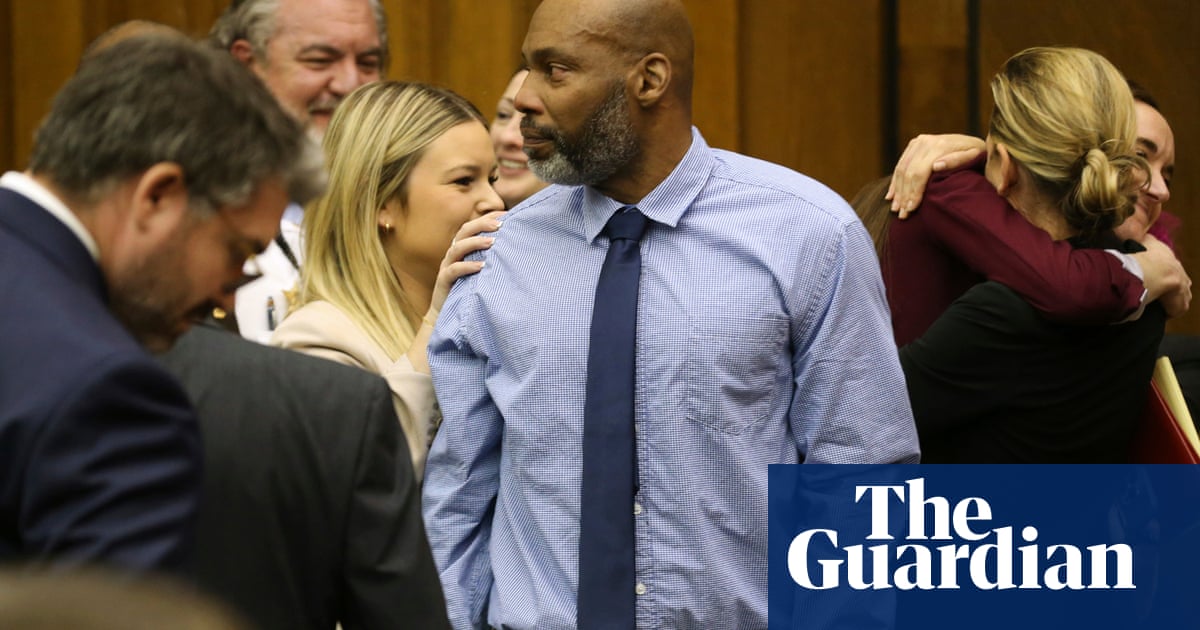
Tribal leaders thank King Salman for taking a firm stand by the side of Yemeni people
Iran had tried and failed to introduce a new version of Hezbollah into Yemen
JEDDAH: Tribal elders in Yemen’s Saada said they will never stop fighting to free the region from the control of Houthi rebels, who have ravaged a province that welcomed them decades ago.
They also warned that negotiation and reconciliation with the armed group is not an option, given Iran’s interference in Yemen’s affairs through its backing for the terrorist Houthi militia.
During a panel discussion on Thursday at the Saudi TV building, Saada elder Sheikh Fahd Talib Al-Sharfi said that prior to 2004, before the Houthis, the province was the food basket of Yemen, exporting 120 baskets of pomegranates a day and known for its grapes and coffee beans.
He said the province had never been in conflict with Saudi Arabia and was an extension of the Arab Peninsula’s tribes, but that Iran, through its Houthi militias, aimed to destroy the great and deep connections linking Saada to its Arab roots.
Al-Sharfi noted the resilience of the people of the province in the face of the Houthi assault, and their great sacrifices during the six wars since 2004, leading up to the fall of the province in 2014.
He said Saada does not follow any cult or doctrine but welcomes all Yemenis of different intellectual and political schools. The biggest Salafist school in Yemen, Dar Al-Hadith madrassa, is in Saada, he added.
He expressed his deep thanks and appreciation for the heroes of the Yemeni army and the supporting coalition forces who are putting their lives on the line.
Al-Sharfi called on the legitimate government of Yemen and the Arab Coalition Forces Supporting Legitimacy to continue the battle until the oppressed are freed, rights are restored, and Saada and all Yemeni governorates are liberated.
The panel also discussed the persecution of the people of Saada since the creation in 1990 of Al-Shabab Al-Mu’min, commonly known as the Houthis, a group that spread sectarian and confessional ideology.
Iranian intervention
In 2000, it shifted from spreading extremism to armed action and intimidation. It began in Dammaj, where the group claimed that students were members of Al-Qaeda.
This marked the start of the wars with the Houthis, which led to Qatari and Iranian intervention. As the Houthis became stronger, they were able to seize power in Saada, killing tribal elders, driving out those opposed to their ideas, and terrorizing the remaining inhabitants.
Sheikh Yehya Madid, leader of the elders of Khawlan in Saada, said that Houthi rebels have killed tribal elders and broke familial and tribal ties, while continuing to target religious men and young people to achieve their criminal plan against the Yemeni people. He added that people who support the Houthis have been brainwashed to the point where they are capable of launching missiles at Saudi Arabia.
Dr. Najib Kallab said the Houthis have waged six wars, after each of which they emerged in a weaker position. They made concessions only to subsequently grow even more powerful, he noted.
Negotiating with Houthis will only make them stronger, he said, and so a meeting between the people and elders of Saada and the Arab coalition, led by Saudi Arabia, is a step in the right direction.
“We were fighting Houthis alongside the government,” said Sheikh Asaad Othman, leader of the military council in Saada. “We were surprised to find out that the government had a reconciliation with the Houthis, who came back to fight us and when we tried asking the government for help, it did absolutely nothing. We were fighting and sacrificing for our nation, but our state left us a prey to be devoured by Houthis. That was what created the animosity between the community and the state.
“When the Houthis staged their coup, the community had no idea that the rebels were this powerful. We thought that they would fight each other and things would go back to normal. This is where the Houthis took advantage of the community’s satisfaction with the coup.”
Regarding the formation of a council or reconciliation initiative among Yemeni tribes, Sheikh Othman said the tribes play an important role and lead the battlefronts.
“What we need right now is for the UN not to pressure the state into making peace with Houthis,” he said. “This peace will only be in the interests of the Houthis. What we need from the legitimacy is a military rescue and cleansing of Saada because we did not impose war on the Houthis, they did. We call on President Hadi to adopt the military solution until the Houthis return to their senses. Based on our experience with them, peace will not work. I have been displaced along with thousands for six years and we could not even educate our children.”
Sheikh Musfir Al-Huzeifi said the Houthis want to divide society into rulers and servants, and when Yemenis realized this they rose up to stop them.
Tribes in all parts of Yemen are working together, he added, while Houthis do not believe in coexistence and peace, but only in blood and war, and most certainly do not believe in agreements, whether tribal or international.
Symposium
In a related development, the Ministry of Media on Thursday hosted a symposium to highlight the importance of liberating Saada from the control of the Houthis, describing the province as the grassroots of the problem and a symbol for believers in liberty and freedom.
Several tribal leaders from Saada thanked King Salman for Saudi Arabia taking a firm stand by the side of Yemeni people, and its support for their legitimate government, led by President Abed Rabbo Mansour Hadi.
They also thanked the King Salman Humanitarian Aid & Relief Center for its efforts to help the needy to survive amid the tough circumstances resulting from the war.
Once the food basket of Yemen, the province has been devastated by the militias, they said, adding that the Houthis also turned the peaceful governorate and city into a base to launch missiles against the Kingdom.
The tribal leaders also said Iran had tried and failed to introduce a new version of Hezbollah into Yemen.
They urged the government and the Coalition forces not to listen to fake calls by the Houthis for a cease-fire, which they said was a trick to enable them to recover and regroup. Instead, the Saada leaders called on the authorities to continue to battle until victory was assured.












